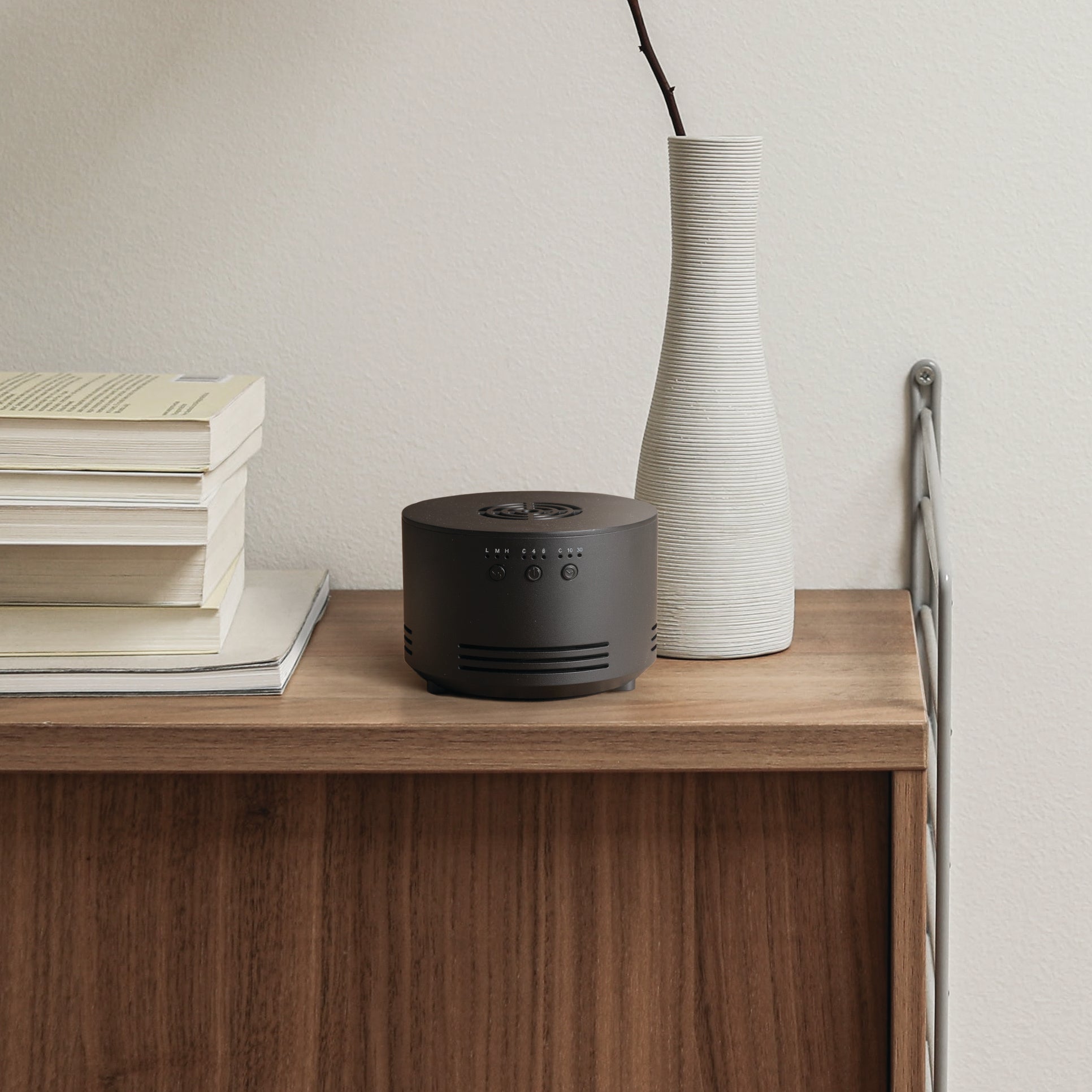Treating Symptoms of Seasonal Allergies with Essential Oils
March marks the beginning of spring, and while many are thrilled that longer, sunnier days and milder temperatures are just around the corner, others are far less enthusiastic about the start of the new season. These are the individuals who suffer from seasonal allergies, an at-times debilitating set of inflammatory immune responses caused by exposure to different types of pollen -- tree and grass being two of the most common this time of year. Symptoms of seasonal allergies run the gamut from sneezing and congestion, to fatigue and even skin reactions such as rashes or hives.

There is an increasing body of evidence that provides an interesting look into how essential oils may prove to be effective at alleviating the symptoms of seasonal allergies. They may have the added benefit of strengthening our immune systems at the same time, making it less likely that our bodies will react to allergens in the first place.
For example:
-
Korean researchers published findings in a 2010 issue of the Journal of Veterinary Science that demonstrated a reduction in irritation and itchiness with the topical application of German chamomile oil -- long-regarded as a natural anti-inflammatory -- on mice who underwent allergic induction.
-
A 2010 study published in the journal Clinical Biochemistry indicated that frankincense, when combined with licorice and turmeric roots, may assist in managing bronchial asthma. (This is worth noting, as even though not all asthma is triggered by allergens, those with seasonal allergies are as many as three times more likely to develop asthma.)
-
A series of German studies, published in 2005 and 2006 in the drug research journal Arzneimittelforschung, presented evidence that the unique mixture of compounds in thyme oil can improve the clearance of mucus from the airways in animals. It may also help airways relax, improving airflow into the lungs, thereby relieving chest congestion. In fact, the German Commission E, which evaluates safety and efficacy of herbal preparations in their homeland, has approved thyme oil for the treatment of bronchitis and coughs.
- Another German study, published in the reference book Rational Phytotherapy in 1998, found that eucalyptus oil functions in a fashion similar to menthol by acting on receptors in the nasal mucous membranes, leading to a reduction in the symptoms of nasal stuffiness -- one of the most common complaints of seasonal allergy sufferers.
While more extensive research is certainly needed, it does appear that the benefits of utilizing essential oils for the treatment of seasonal allergy symptoms may prove difficult to ignore.
For more information on Ascents' allergen-free essential oil blends, visit shopascents.com.






Leave a comment
This site is protected by hCaptcha and the hCaptcha Privacy Policy and Terms of Service apply.